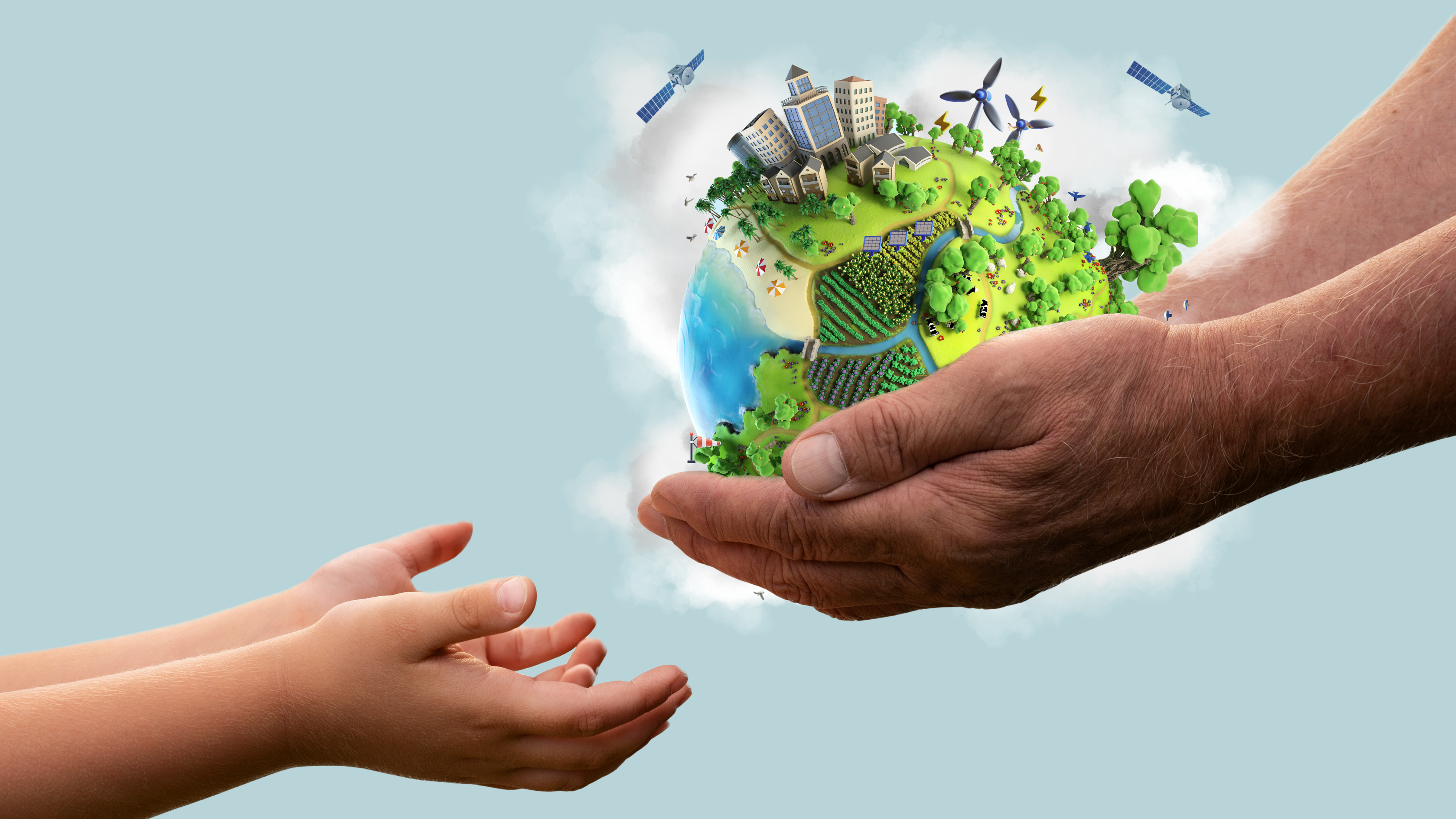Issues Relating to Development and Management of Social Sector/Services relating to Health, Education, Human Resources
How can exposure to extreme weather events impact a child’s development according to the report by UNESCO?
The long-term effects of early childhood climate shocks have been brought to light in a new report published by the United Nations Educational, Scientific, and Cultural Organization (UNESCO) as part of its Global Education Monitoring Report.
- The series of papers is intended to encourage discussions about education and the Sustainable Development Goals (SDGs) mandated by the UN.
- It highlights worries about the long-term impact that severe weather events can have on a child’s growth.
- The report emphasised the vulnerability of young children. Their reliance on adults and developing bodies make them more vulnerable to the immediate physical hazards of floods, droughts, and heatwaves.
Key findings:
- Climate-related stressors such as heat, wildfires, storms, floods, droughts, illnesses, and rising sea levels have an impact on school outcomes:
- A child’s cognitive development, emotional health, and educational possibilities may all suffer as a result of these experiences.
- Severity: In a 3°C global warming scenario, a 10-year-old in 2024 will see twice as many wildfires and tropical cyclones, three times more river floods, four times more crop failures, and five times more droughts in her lifetime as a 10-year-old in 1970.
- Effect on Learning: Five to seven years later, children in Ecuador who had been exposed to intense El Nino floods during their fetal development were shorter and scored lower on cognitive tests.
- Impact on Enrollment: By the time the children are 13 or 14 years old, there is a negative correlation between school enrollment (especially for boys) and mathematics achievement (especially for girls) based on an analysis of almost 140,000 children’s early life experiences in seven Asian countries.
- School Closures: Every year, the majority of low- and middle-income nations experience school closures due to climate change, which raises the risk of learning loss and dropout.
- Over the past 20 years, at least 75% of extreme weather occurrences have led to the closing of schools.
- Cyclone Idai destroyed 3,400 classrooms in Mozambique in 2019, denying 305,000 children access to education. Tropical Cyclone Gita damaged 72 per cent of Tonga’s schools in 2018.
- Flood exposure reduced the number of completed grades among 12- to 15-year-olds in Ethiopia (3.4 per cent), India (3.8 per cent) and Vietnam (1.8 per cent), owing to household income loss.
- The effects of heat: According to the report, heat has a significant negative impact on children’s educational outcomes.
- An analysis of census and climate data from 29 countries between 1969 and 2012 found that exposure to higher-than-average temperatures during prenatal and early life is associated with fewer years of schooling, particularly in Southeast Asia.
- High temperatures reduced high-stakes test performance in China, resulting in lower high school graduation and college entrance rates.
- Variability in the amount of rain might also harm students’ academic performance.
- An analysis of Demographic and Health Survey data from ten African countries reveals that abnormally low precipitation has a negative impact on primary school completion.
- Drought reduced children’s mathematics and reading scores in rural Maharashtra, India by 4.1 per cent and 2.7 per cent, respectively.
Way Forward:
- Education about climate change must be a part of school curricula. This integration should impart resilience, adaptation, and sustainable development capabilities in addition to knowledge on climate science.
- The research recommended increasing funding for educational systems in order to make them more resilient to disturbances brought on by climate change.
- This entails preparing teachers to assist children intellectually and psychologically amid these difficulties, bolstering school buildings to withstand the effects of climate change, and promoting community resilience through awareness-raising and adaptation programs.

